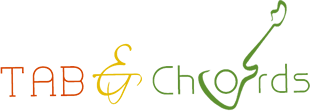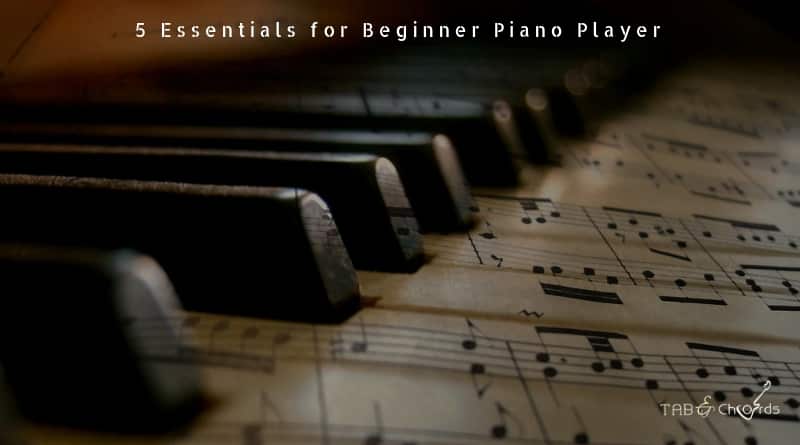5 Essentials for Beginner Piano Player
A lot of people find comfort in music. Listening to a beautiful melody has such a calming and inspiring effect. It is no surprise that you decided to pursue learning to play an instrument or to be more specific, a piano. Creating music can give you such power. You will be able to express emotions and thoughts which can’t be communicated with words.
Once you master the piano, it will be much easier to pick up any other element since you’ll already understand the fundamentals of music and structure. Like every beginner, you will need some help in the beginning. From classic elements to online tools, here are some of the most useful resources and tools you’ll need on this journey.
1. Know Before You Do
Every practical part needs to be backed up with some theoretical knowledge and the same applies to playing the piano.
Before you get to hours and hours of practice, you should learn some fundamentals. If you are looking for some informative content, these websites and apps will allow you quick access to what you want to know:
- Zebra Keys Music Theory – Music theory is crucial to understanding how composition works. This page has five lessons on music theory, including major chords, intervals, and the twelve keys of music.
- Musictheory.net – It comes in a form of an app and it takes you through the lessons step by step which is great for beginners. Music Theory also offers online content, such as lessons, exercises, and tools to get you started.
- My Fun Piano Studio Printable Resources – There are still some of you who prefer their theory on paper and that is why this is the best choice for you. This free collection of 50+ printable music theory resources for beginners includes everything from note identification to scales to the circle of fifths.
2. Get Back to Flashcards
Now, let’s go old-school!
Flashcards can be a huge help for a beginner. Use them to learn the notes, tempos, scales, and markings on your piano music.
They are also useful for reviewing which accidentals are used in each scale, which keys go with which notes on the page or even review the meaning of terms that you have trouble remembering.
Even if you learn how to play the piano at home, you still need to be able to read all of these during a performance or audition.
In case you need some help with putting together some of the most important theoretical questions and answers, you can always search for the best writing services and partner up with a professional writer for this quick project.
3. Practice Makes Perfect
As with any skill in the world, you’ll need a lot of practice to get to the desired level of expertise. The following practice tools can help you out with this part:
- Zebra Keys Virtual Keyboard – For a beginner, this tool can be very helpful. It has a virtual piano that gives the names of each key and lets you play around with a small section of the keyboard.
- Transcribe! –This app aids you in hearing songs in different pitches and tempos. Even though it doesn’t do the transcription for you, it allows you to work it out on your own. It even has a slow feature that you can use to learn songs by hearing how they are played in slow motion.
- Best Metronome – This online metronome lets you change the beats per minute and hear what virtually any tempo is meant to sound like.
4. Watch and Learn
Watching and listening to yourself play can be a very important step especially if you are self-thought. This will allow you to notice your weak spots and see which parts need some extra work or where you struggle the most.
- Portable Recorder – A portable recording device is very handy if you need to switch your location or to go to a teacher’s house.
- Video Camera – You can learn so much from watching yourself play. Making videos of yourself when you’re practicing can help you to make many technical breakthroughs.
- Blue Snowball Microphone – Having an easily accessible microphone to record with such as this makes the process quick and easy and definitely improves the audio over the built-in microphone. You don’t have to go for this microphone in particular, but it is a good example of what type of microphone you should search for.
5. Reinforce with Online Courses
No matter if you have a tutor or you are an independent, self-taught piano player, backing up the learning process with some online courses is always a good idea. There are so many great sources for learning and practicing that it would be a shame not to make the most of it.
Here are some of the best online piano courses which you can use.
- Pianofall – As one of the most popular and highly regarded online course out there, Pianofall will offer you some valuable information. Here you can find a complete course on learning how to play the piano, and it uses innovative techniques to help you really learn the instrument rather than just playing notes on a page.
- Piano Nanny – This page is designed to take you through all the basics lesson by lesson, with plenty of keyboard visuals. Pick your comfort level, whether it is lessons in beginner, intermediate, or advanced level and get started.
- Piano Play It – It features free lessons and tutorials for all piano players from beginners to experienced players who want to improve their playing. In addition, they have many tutorials on how to play specific songs.
Some Final Thoughts
Everyone has a different way of learning. While some prefer visuals, others do best when they listen to what they need to know. Whichever type of learner you are, these tools will definitely be very useful at the beginning. Just surrender yourself to music, invest some time and motivation, combine that with these tools and you’ll be inviting your loved ones to your performances in no time!


